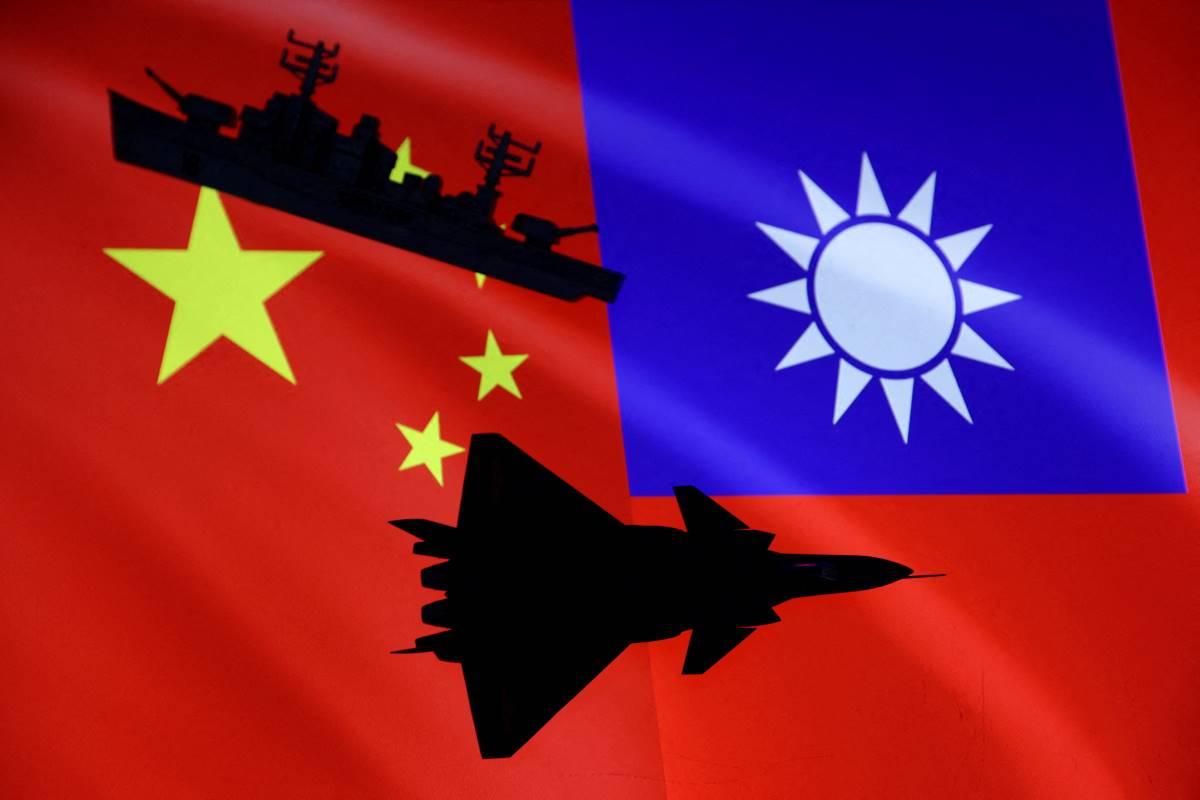China to send coast guard ships as tensions rise over Taiwanese islands

BEIJING - China's coast guard said on Sunday it will strengthen its law enforcement activities and carry out regular patrols around a small group of Taiwanese-controlled islands off the Chinese coast as tensions rise over the deaths of two Chinese nationals.
Taiwan on Thursday defended the actions of its coast guard after two people on a Chinese speedboat, which got too close to a frontline Taiwanese island, died when their boat overturned while trying to flee a coast guard ship. Two others survived.
Taiwan, which China claims as its own territory, has complained in recent years about Chinese fishing boats and other vessels operating in Taiwan-controlled waters, especially around the Kinmen and Matsu islands which sit a short distance from China's coast.
China has condemned Taiwan's actions and labelled the incident near Kinmen's Beiding islet "wicked".
China's coast guard said in a short statement it will strengthen its maritime law enforcement forces and carry out regular law enforcement patrols and inspections in the waters around Kinmen and Xiamen, one of the Chinese cities Kinmen faces.
This is to "further maintain the order of operations in the relevant waters and safeguard the safety of fishermen's lives and property", it added.
Late on Saturday, China's Taiwan Affairs Office said the deaths had caused "strong indignation" in China, but that there were no off limits waters.
"Fishermen on both sides of the Taiwan Strait have been operating in traditional fishing grounds in the Xiamen-Kinmen maritime area since ancient times, and there is no such thing as 'prohibited or restricted waters'," it said.
China's government had goodwill towards Taiwan's people, but will never tolerate Taiwan's disregard for the safety of Chinese fishermen, the office added.
Taiwan's China-policy making Mainland Affairs Council said Taiwanese forces will continue to enforce the rules on banning unauthorised Chinese access to Taiwan's waters around Kinmen, but that accusations from China of "rough expulsions" were untrue.
However, ships which carry no name, have no certification or port registration carry out "continuous intrusions" and make dangerous moves when trying to flee lead to "unfortunate incidents" nobody wants to see, it added.
Kinmen, along with Matsu, has been controlled by Taipei since the end of the Chinese civil war in 1949, when the defeated Republic of China government fled to Taiwan after losing to Mao Zedong's communists who set up the People's Republic of China.
Kinmen was the site of frequent fighting during the height of the Cold War but is today a popular tourist destination, though many of the islets which are part of the island group are heavily fortified by Taiwan's military and off limits to civilians.
Taiwan, whose government rejects Beijing's sovereignty claims, says China has been using so-called grey-zone warfare, which entails using irregular tactics to exhaust a foe without actually resorting to open combat, including sending civilian ships into or close by Taiwanese waters.
Separately on Saturday, a group of low-level Chinese officials from Shanghai arrived in Taipei to attend the city's traditional Lantern Festival at the city government's invitation.
However, Taipei Mayor Chiang Wan-an told reporters he would not meet the group, led by Xu Hao, head of the liaison department of the Taiwan Affairs Office's Shanghai branch.
Last year, a deputy chief of the office's Shanghai branch went to Taipei for the same event, and was met by noisy protests at the airport. —Reuters




